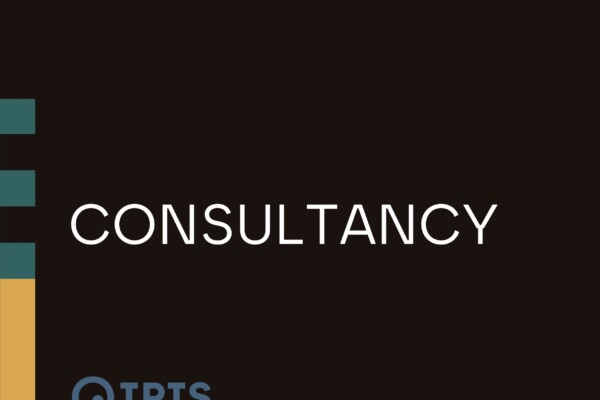
Consultancy opportunity: Mid-term evaluation of IPIS’ programme on drivers of conflict
July 12, 2024IPIS is looking for an External Evaluator for the mid-term evaluation of its EU-funded programme: “Addressing drivers of conflict, and promoting the fulfilment of human rights, sustainable governance of natural resources, climate justice and environmental protection through evidence-based research and grassroots collaboration.” With its programme, IPIS aims to address specific drivers of conflict
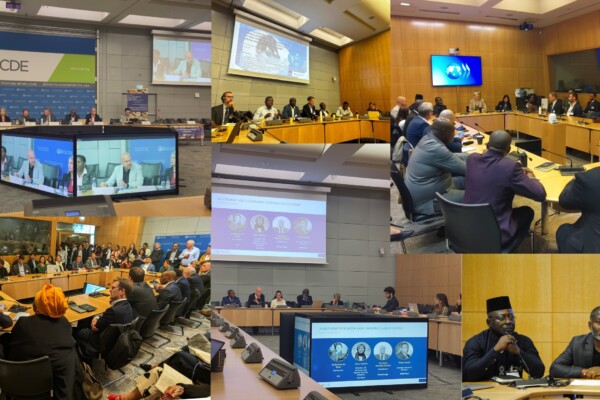
Highlights from the OECD Forum on Responsible Mineral Supply Chains
May 31, 2024Last week, representatives of civil society, industry, and governments gathered at the 2024 OECD Forum on Responsible Mineral Supply Chains in Paris. Members of the IPIS team attended to stress the need for investments in artisanal mining in producer countries, reflected on what strategic mineral partnerships should look like, and underlined the importance of better monitoring the impacts of minin
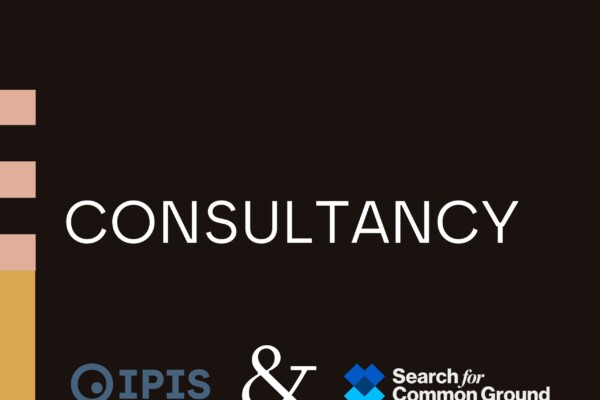
Consultancy opportunity: Mid-term evaluation IPIS-Search joint DGD programme (Belgium, Burundi, DRC, Tanzania)
May 28, 2024Context of the Programme These Terms of Reference (ToR) outline the joint evaluation process for the ‘United for Peace and Sustainable Development in Fragile and Conflict-Affected Settings’ programme, encompassing the Mid-Term Evaluation (MTE) and the potential for the consultant team to undertake the Final Evaluation. This programme is jointly implemented by International Peace Information Servic
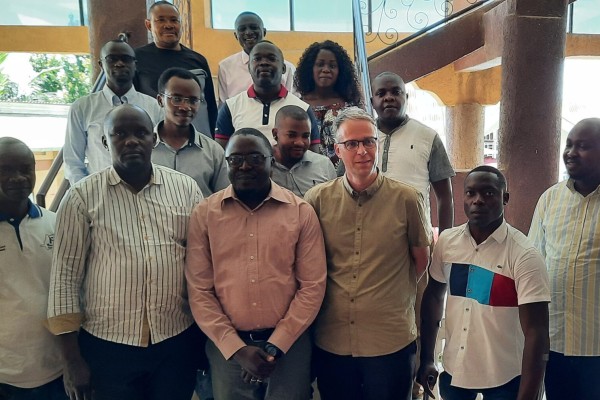
Kufatilia evolves into a civil society network, now equipped with a new platform to follow up on mining incidents
January 19, 2024First annual meeting of the newly established Kufatilia network In November 2023, IPIS’ Kufatilia partners traveled to Bunia and Bukavu in the eastern Democratic Republic of the Congo (DRC) to attend the first annual meeting of the newly established Kufatilia network. Consisting of two separate conferences in Ituri and South Kivu, the meeting brought together twenty-two partnered Congolese civil s
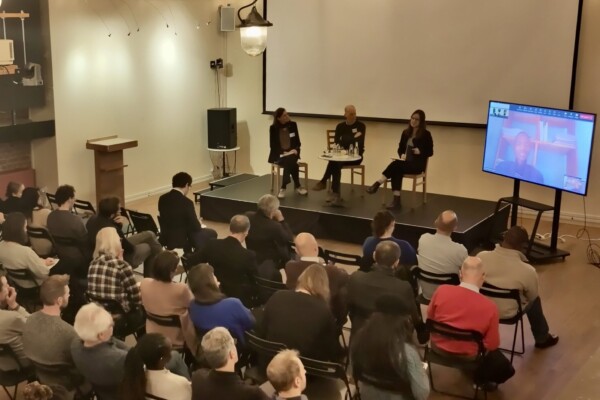
IPIS Event: Congolese cobalt, EU regulations, and direct investment
January 9, 2024On the 30th of November, IPIS hosted its annual panel discussion, this time on current challenges facing the cobalt sector in the Democratic Republic of the Congo (DRC) and the potential impact of European Union (EU) regulations to improve these. Moderated by Lotte Hoex, the panel consisted of Esperant Mwishamali, independent researcher on cobalt artisanal and small-scale mining (ASM) in the DRC,

G7 targets Russian diamonds – Q&A
October 28, 2023Russia’s invasion of Ukraine, which began on February 24, 2022, has led to an unprecedented proliferation of economic sanctions designed to hit Russia’s economy and drain the resources of the Russian war chest. Among these are efforts to ban Russian diamonds from Western markets. Early October, at a meeting in Brussels with Ukraine’s President Zelensky, Belgian Prime Minister de Croo stated that t

Joint NGO statement: EU Conflict Minerals Regulation failing to reach its goals
October 19, 202320 NGOs call on the EU to step up its enforcement and adopt new measures Download the statement (ENG) Téléchargez la déclaration (FR) Brussels, 19 October 2023 More than six years after it was signed into law, the EU Regulation on the responsible supply of tin, tungsten, tantalum and gold (3TG) originating from conflict-affected and high-risk areas (CAHRAs) is failing to reach its key object
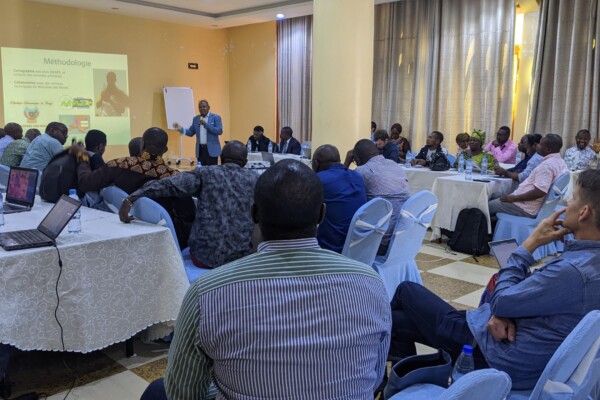
Sharing the results of two years of research into eastern DR Congo’s artisanal mining sector
July 12, 2023Since 2021 and in partnership with USAID and the Congolese Ministry of Mines (through its technical service SAEMAPE), IPIS has been undertaking a large-scale project to map and analyse artisanal mining supply chains and conflict financing dynamics in eastern DRC. A restitution meeting was held in Goma (North Kivu) on June 21st, 2023 to present and discuss the results produced over the past two yea
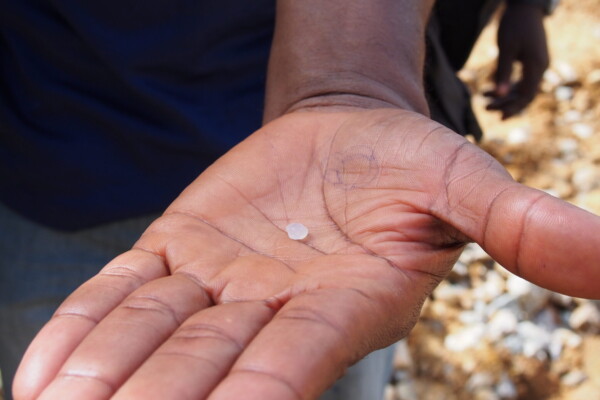
EVENT – June 21st: Empowering African artisanal diamond mining communities for a more responsible supply chain
May 23, 2023IPIS and Diamonds for Peace invite you to a panel discussion on Wednesday 21st June 2023 in Antwerp. Panelists will share their experiences of working with artisanal diamond mining communities and views on how to include artisanal miners for a more responsible diamond supply chain. Speakers will then answer questions from the audience. Date: Wednesday 21st June 2023
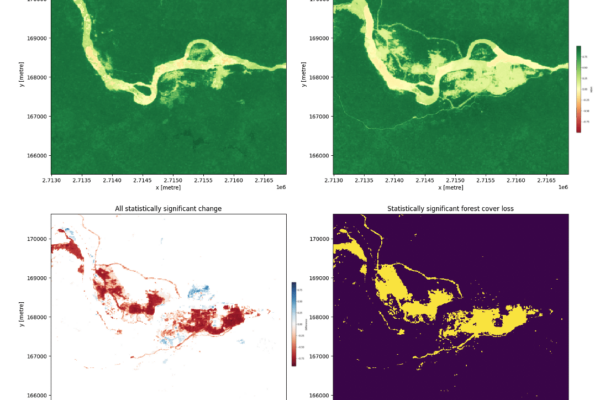
My GIS internship at IPIS – A goodbye from our latest intern Philip Knirsch
March 20, 2023During the second half of 2022, I had the chance to complete a GIS internship at IPIS in Antwerp. As a student pursuing a degree in both African Studies and Geography, I was eager to apply my existing knowledge from both fields and gather valuable insights and experience. The main tasks of the GIS and data analysis team, and thus of my internship, included supporting other researchers in col
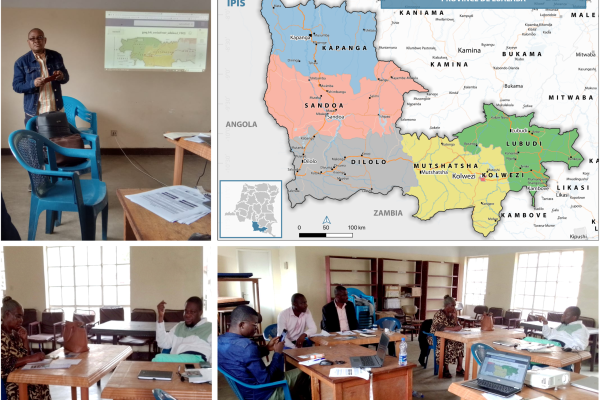
Kufatilia is now active in the cobalt-producing province of Lualaba, in the Democratic Republic of Congo
March 15, 2023After a successful implementation in the 3TG-producing provinces of North Kivu, South Kivu, Ituri, and Haut-Uele, IPIS is expanding its incident reporting and monitoring system Kufatilia to the cobalt-rich province of Lualaba.
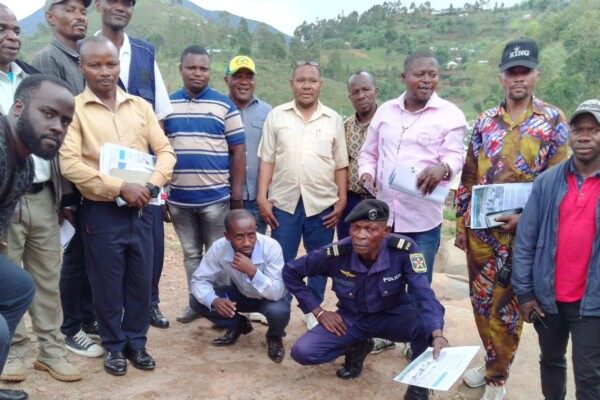
Feedback session: Sharing the results of the data collected in Walungu, South Kivu
November 18, 2022Since 2021, IPIS undertakes another large-scale mapping effort of artisanal and small-scale mining (ASM) sites in the eastern Democratic Republic of Congo (DRC), – in partnership with USAID and the Congolese Ministry of Mines (through its technical service SAEMAPE). The project aims to provide observers, supply chain actors and policymakers with reliable data to understand artisanal mineral
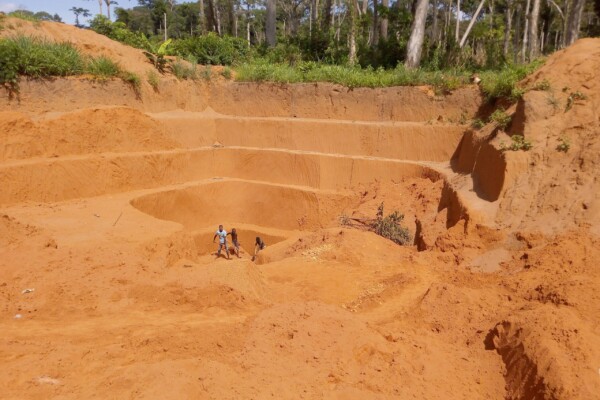
Joint statement on conflict & due diligence legislation
October 14, 2022The forthcoming EU due diligence Directive is lacking in its provisions for companies that are active in conflict affected areas and should be amended to align better with the UN Guiding Principles on Business and Human Rights. Together with 50+ signatories, IPIS calls for a heightened, conflict-sensitive due diligence process for high-risk areas that includes compliance with international humanit

IPIS event on Russia’s geopolitical and mining interests in Africa after the Ukraine invasion. Main takeaways
October 6, 2022On September 29th 2022 IPIS organised a panel discussion with Nina Wilén, the director of the Africa Programme of the Egmont Institute, and IPIS researcher Hans Merket. Key topics were the implications of the Ukraine invasion for Russia-Africa relations. The discussion, moderated by Filip Reyniers, touched upon shifting power balances, the role of Russian mercenaries in Africa and the impact of th

Viktor Bout documents released under Mandatory Declassification Review by the Clinton Library
September 26, 2022In 2015 IPIS vzw asked for a Mandatory Declassification Review (MDR) of selected documents in relation to Viktor Bout, produced by the Clinton administration between 1999 and 2001, and held in the Clinton Library. MDR “is a means by which any individual or entity can request any Federal agency to review classified information for declassification, regardless of its age or origin, subject to certai
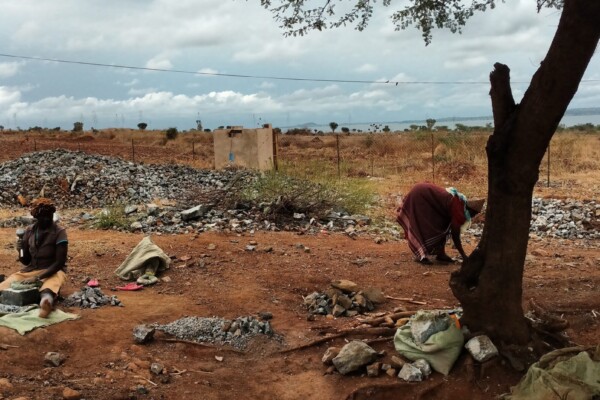
New 5-year project aiming to empower communities and civil society to foster justice and human rights in Tanzania’s natural resource sector
September 16, 2022In 2022, IPIS launched new work on the human rights impact of the natural resource sector in Tanzania. Our new five-year project “Empowering Tanzanian communities and civil society to foster justice & human rights in natural resource governance” builds on the expertise IPIS has been developing on northern Tanzania’s small- and large-scale mining sector as well as the implementation and monitor
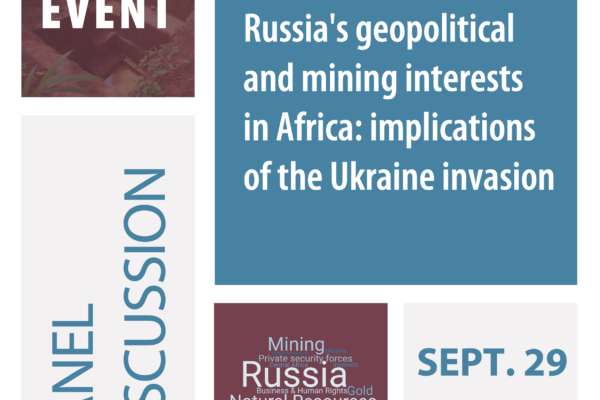
IPIS EVENT – 29 September 2022 – Russia’s geopolitical and mining interests in Africa: implications of the Ukraine invasion
August 8, 2022IPIS invites you to a panel discussion on Russia’s geopolitical and mining interests in Africa and the implications of the Ukraine invasion. Date: September 29th. Time: 4 – 6 PM Location: Atelier 29, BRUSSELS
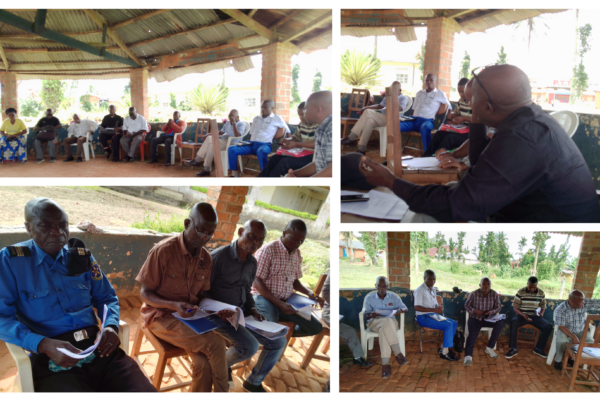
Feedback session: Sharing the results of the data collected in Shabunda
May 19, 2022Since 2021, IPIS undertakes another large-scale mapping effort of artisanal and small-scale mining (ASM) sites in the eastern Democratic Republic of Congo (DRC), – in partnership with USAID and the Congolese Ministry of Mines (through its technical service SAEMAPE). The project aims to provide observers, supply chain actors and policymakers with reliable data to understand artisanal mineral
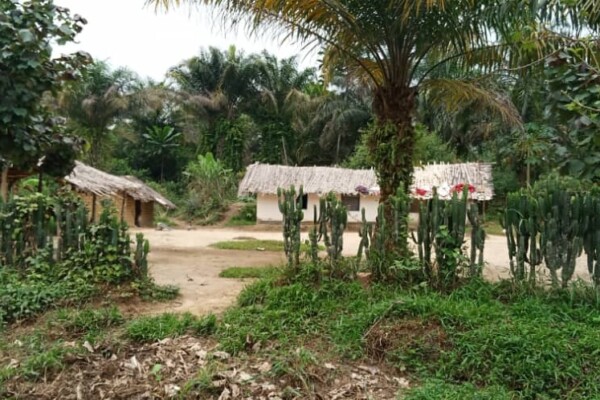
Press release: Universal basic income project expands to more regions in the Democratic Republic of Congo
May 12, 2022Eight’s basic income project, in collaboration with IPIS, the Belgian Development Cooperation, Fairphone, announces the expansion of its basic income pilot project in the Democratic Republic of Congo (DRC).
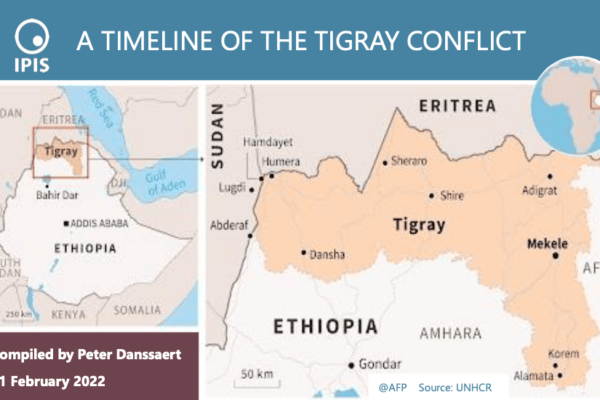
Timeline of the conflict in Tigray
April 28, 2022In February of 2022, Peter Danssaert created a detailed timeline of the conflict in Tigray dating from 1991 to 2022. The timeline was used by participants of a webinar on the Tigray conflict organised by Union Chapel. The webinar took place on April 28th, 2022 but can still be viewed online. October 20, 2022 there will be a new event by Union Chapel on the current situation in Tigray. You can regi

